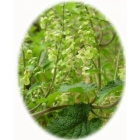 | ||
Perfect for pollinators Wood Sage –teucrium scorodonia – grows best in the shade of woodlands and hedgerows but can also be grown in sun on light sandy soils where plants will attract bees. It is a useful plant for providing continuous colour in woodland gardens after spring flowers are over. Wood Sage is a low growing species with attractive foliage and pale yellow flowers that appear from July to September. Wood Sage looks best growing with woodland wild flowers such as Nettle-leaved bellflower, Herb Robert, and Wood avens. Alternative names for Wood Sage are Hart’s ease and Garlic Sage. How to grow Wood Sage Seeds Wood Sage seeds should be sown in spring or autumn, outside, where they are to flower, or in seed trays and covered lightly with compost. The seedlings can be pricked out and grown on, for planting out later in the year. RHS Perfect for Pollinators. The RHS Perfect for Pollinators mark is only given to plants that support pollinating insects in gardens. Bees, butterflies, moths, hoverflies and many others visit flowers to feed on nectar and pollen; while doing so they transfer pollen and increase seed set and fruit development. Find out more at: rhs.org.uk/plants To discover more plants for Bees, simply enter the word "pollinators" into the search box above. To buy Wood Sage seeds To purchase Wood Sage seeds, please select a quantity above and click add to cart. To ensure the best chance of success, we sell all of our wildflower seeds by weight, which ensures each wildflower seed packet contains a good quantity of seeds. The recommended sowing rate is 1 gram per square metre, and the number of Wood Sage seeds per gram is approx. 1600. All of our Wildflower seed packets contain seeds of Native British provenance. Summary type - perennial, colour - Yellow, height - 25 to 50cms, flowering months - July, August, September, habitat - Deep Shade (Dense Woodland), Very dry Sandy Soil, Very Acidic Soil (Peats, Heaths), Attracts Bees | ||
Printed 15/07/2025 22:43:03
st129_1 type perennial colour yellow height 25 to 50cms flowers july august september habitat deep shade dense woodland very dry sandy soil very acidic soil peats heaths caterpillar food plant rhs perfect for pollinators pollinating insects bees butterflies moths hoverflies ground cover
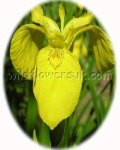
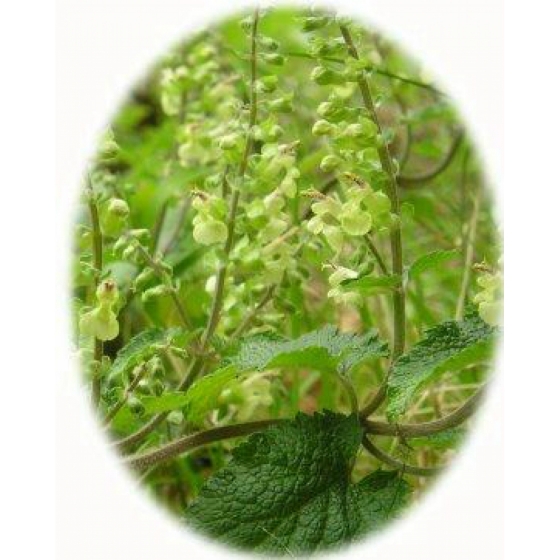
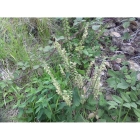
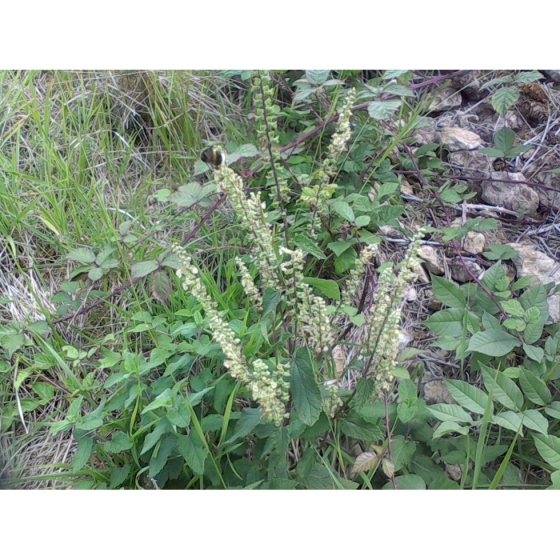



 added to basket
added to basket